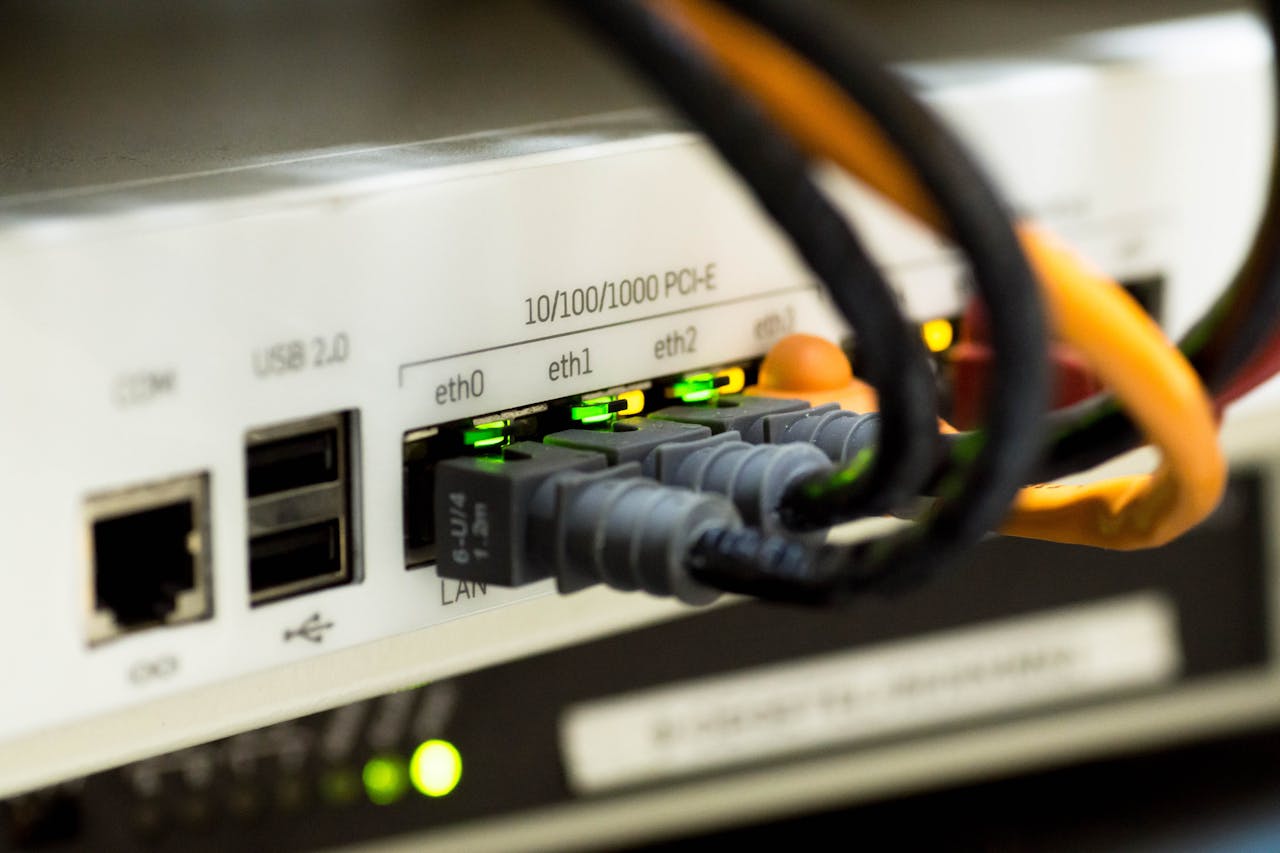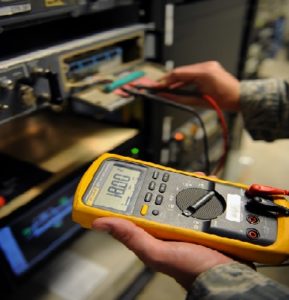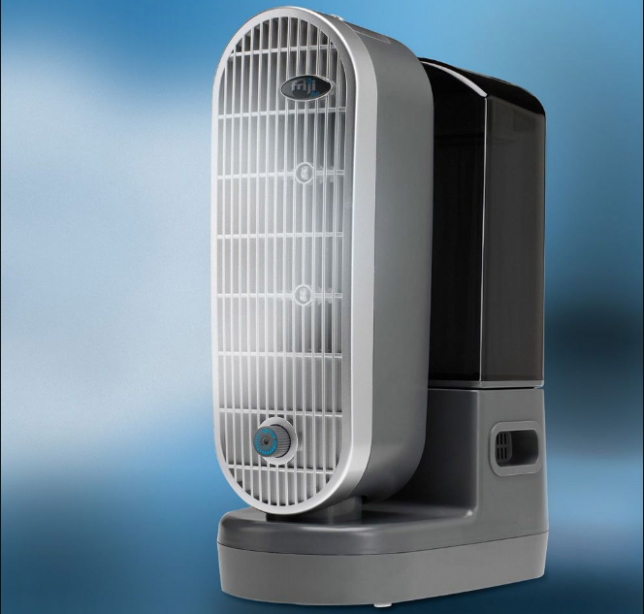How Secure Is Your Law Firm’s Remote Access Setup?

Remote work is always the backbone of late-night filings, client calls from home, and quick document reviews at the airport. But here’s the real question: how secure is that remote access setup, really? Many firms invest in case management software yet overlook the infrastructure behind it, which is why serious practices look into professional IT Support for Law Firms before something breaks. Let’s zoom out. Law firms don’t just move emails around. They move contracts, medical records, financial disclosures, and privileged conversations. If your remote access feels like a basic VPN and a password, that’s like locking the front door but leaving the windows cracked open.
The Real Risk Behind Remote Access
Remote access sounds harmless. It’s just logging in from home, right? But every login point is a potential door. And cybercriminals love doors that are slightly ajar. Phishing emails target attorneys because they know time is tight and pressure is high. One wrong click can expose client data in seconds. Suddenly, you’re dealing with breach notifications instead of depositions. A lot of firms still rely on simple password systems. That’s outdated. Multi-factor authentication, device monitoring, and encrypted connections are baseline expectations now. Here’s the kicker: attackers just need one vulnerable laptop on public Wi-Fi. That’s it.
Where Most Law Firms Slip

I’ve seen firms invest heavily in software and skip over infrastructure. They assume their cloud provider handles everything. That assumption is expensive. Remote desktops without proper segmentation create lateral movement risks. Once inside, a threat can jump from one system to another. Think domino effect, but with client files. Another common issue is unmanaged personal devices. Attorneys check documents on tablets, phones, and even home PCs. If those endpoints aren’t monitored, your network visibility drops fast. Then there’s outdated firmware. Routers and firewalls need updates, too. Ignoring that is like driving a high-end car with bald tires.
What a Secure Setup Actually Looks Like
Let’s break it down simply. A solid remote access environment has layered protection. Firewall, endpoint detection, encrypted VPN, strict access controls. Each piece matters. Zero-trust architecture is gaining traction. That means every login attempt is verified, every time. No automatic trust just because someone logged in yesterday. Centralized monitoring changes the game. Real-time alerts catch strange login locations or unusual file downloads. You want visibility, not surprises. Backup systems are part of security. Ransomware can lock everything. Immutable backups give you a clean restore point without paying anyone a dime.
Why Specialized IT Matters for Law Firms

General IT support is fine for a retail shop. Law firms are different. Compliance rules, confidentiality standards, and client expectations raise the bar. A provider experienced with legal operations understands document management platforms, billing systems, and secure client portals. They know the pressure of court deadlines. They build systems that don’t freeze during crunch time. That’s where firms in Chicago often turn to services like CTI’s dedicated legal technology support. They focus on proactive monitoring, structured security policies, and strategic planning instead of reactive fixes.
It’s about reducing risk before it shows up in your inbox at 6 a.m. The right partner also audits your current setup. They identify gaps in authentication, remote configuration, and access permissions. Then they tighten those screws.…













 If you want your e-commerce website to be successful, it’s essential to make sure it’s mobile-compatible. In today’s world, more and more people are using their phones and other mobile devices to do their shopping online. You can do a few things to make sure your website is mobile-friendly. If you take care of these things, you’ll be well on your way to having a successful mobile-friendly e-commerce website.
If you want your e-commerce website to be successful, it’s essential to make sure it’s mobile-compatible. In today’s world, more and more people are using their phones and other mobile devices to do their shopping online. You can do a few things to make sure your website is mobile-friendly. If you take care of these things, you’ll be well on your way to having a successful mobile-friendly e-commerce website.

 Technology can streamline recruitment and make it easier for companies to find the best talent. Automation and analytics can help speed up processes such as candidate screening, making it easier for HR teams to identify top talent quickly.
Technology can streamline recruitment and make it easier for companies to find the best talent. Automation and analytics can help speed up processes such as candidate screening, making it easier for HR teams to identify top talent quickly.

 Another advantage of classroom headphones is that it makes online learning more effective. Since the majority of digital learning takes place over the internet, it can be difficult for students to hear what their teacher is saying if they don’t have access to a microphone or speakers. With headphones, students can easily hear their teacher and can focus on the lesson without having to adjust the volume or move around in search of a better signal. This is actually good for students who cannot hear if they are far from the computer or laptop. It also helps teachers who may have difficulty speaking in certain tones. Aside from that, headphones can also reduce the risk of feedback and audio distortion, which can sometimes occur in some online classes.
Another advantage of classroom headphones is that it makes online learning more effective. Since the majority of digital learning takes place over the internet, it can be difficult for students to hear what their teacher is saying if they don’t have access to a microphone or speakers. With headphones, students can easily hear their teacher and can focus on the lesson without having to adjust the volume or move around in search of a better signal. This is actually good for students who cannot hear if they are far from the computer or laptop. It also helps teachers who may have difficulty speaking in certain tones. Aside from that, headphones can also reduce the risk of feedback and audio distortion, which can sometimes occur in some online classes. Finally, another advantage of using classroom headphones is that they provide a better audio quality than other listening devices. Most classroom headphones are designed for learning environments and feature noise-canceling technology which helps to eliminate background noise and provide students with crystal clear audio. This improved audio quality makes it easier for students to understand the material being taught and can help them stay focused on the lesson. If possible, try to invest in a good quality pair of headphones. Find what works best for your students and budget. This way, you can ensure that your students will get the most out of their lessons.
Finally, another advantage of using classroom headphones is that they provide a better audio quality than other listening devices. Most classroom headphones are designed for learning environments and feature noise-canceling technology which helps to eliminate background noise and provide students with crystal clear audio. This improved audio quality makes it easier for students to understand the material being taught and can help them stay focused on the lesson. If possible, try to invest in a good quality pair of headphones. Find what works best for your students and budget. This way, you can ensure that your students will get the most out of their lessons.
 Spotify plays are based on a system of
Spotify plays are based on a system of  You can do a few things to increase the number of Spotify plays for your music. One thing you can do is to make sure your music is available on all major streaming platforms, including Spotify. You can also promote your music through social media, online ads, and other marketing channels. Additionally, you can try to get your music featured on popular Spotify playlists.
You can do a few things to increase the number of Spotify plays for your music. One thing you can do is to make sure your music is available on all major streaming platforms, including Spotify. You can also promote your music through social media, online ads, and other marketing channels. Additionally, you can try to get your music featured on popular Spotify playlists. There are several reasons why you might want to consider using a third-party service to get more Spotify plays. One reason is that it can be difficult to get your music noticed on Spotify if you don’t have a large following. Additionally, using a third-party service can help you reach a wider audience and promote your music to more people. A third-party service can be a great option if you’re looking to increase your Spotify plays. Spotify plays are a vital metric for artists and labels in the music industry. If you’re looking to increase your Spotify plays, you can do a few things to make your music more visible and promote it to a wider audience. Additionally, you may want to consider using a third-party service to get more Spotify plays. Thanks for reading! We hope this blog post was helpful.…
There are several reasons why you might want to consider using a third-party service to get more Spotify plays. One reason is that it can be difficult to get your music noticed on Spotify if you don’t have a large following. Additionally, using a third-party service can help you reach a wider audience and promote your music to more people. A third-party service can be a great option if you’re looking to increase your Spotify plays. Spotify plays are a vital metric for artists and labels in the music industry. If you’re looking to increase your Spotify plays, you can do a few things to make your music more visible and promote it to a wider audience. Additionally, you may want to consider using a third-party service to get more Spotify plays. Thanks for reading! We hope this blog post was helpful.…
 When you buy RuneScape gold from a reputable website, you can be sure that you’ll receive excellent customer service. If you have any questions or concerns about your purchase, you can contact the customer service team, who will be more than happy to help you. On the other hand, if you buy from a less reputable source, you may not be able to get in touch with anyone if you have a problem.
When you buy RuneScape gold from a reputable website, you can be sure that you’ll receive excellent customer service. If you have any questions or concerns about your purchase, you can contact the customer service team, who will be more than happy to help you. On the other hand, if you buy from a less reputable source, you may not be able to get in touch with anyone if you have a problem. When you buy RuneScape gold from a reputable website, you can be sure that you’ll receive your gold immediately. Less reputable sources may not ship your gold right away, or they may not ship it at all. This could leave you in a tough spot if you need the gold right away for something important. In addition, less reputable sources may not offer a refund if you don’t receive your gold.
When you buy RuneScape gold from a reputable website, you can be sure that you’ll receive your gold immediately. Less reputable sources may not ship your gold right away, or they may not ship it at all. This could leave you in a tough spot if you need the gold right away for something important. In addition, less reputable sources may not offer a refund if you don’t receive your gold.
 Cerberus is another popular spy app that millions of people have downloaded. It is a powerful tool that can help you keep track of your children, employees, or spouse. In this blog post, we will discuss the features of Cerberus and how it can benefit you.
Cerberus is another popular spy app that millions of people have downloaded. It is a powerful tool that can help you keep track of your children, employees, or spouse. In this blog post, we will discuss the features of Cerberus and how it can benefit you. This spy app is not as popular as mSpy, Cerberus, or FlexiSPY, but it is still a good option. You will notice that it has fewer features than some of the other options listed above, but it still provides a lot of helpful information. Having this app installed on your child’s phone can help you keep track of their online activity.
This spy app is not as popular as mSpy, Cerberus, or FlexiSPY, but it is still a good option. You will notice that it has fewer features than some of the other options listed above, but it still provides a lot of helpful information. Having this app installed on your child’s phone can help you keep track of their online activity.
 One of the main reasons that many companies prefer VoIP telephone systems over other kinds of systems is that they are cheaper. As a business owner, one of your primary goals is to make money. This may mean cutting down on your operational costs. Although it may not seem like it, a lot of money is spent on communication through the company’s telephone line.
One of the main reasons that many companies prefer VoIP telephone systems over other kinds of systems is that they are cheaper. As a business owner, one of your primary goals is to make money. This may mean cutting down on your operational costs. Although it may not seem like it, a lot of money is spent on communication through the company’s telephone line.
 As mentioned earlier in the text, many human activities negatively impact the environment. Cities that have a large number of production companies tend to have polluted air and noise. Sadly, some water bodies are polluted when factories dump toxic waste. This affects those that may use the water and living organism in that water body.
As mentioned earlier in the text, many human activities negatively impact the environment. Cities that have a large number of production companies tend to have polluted air and noise. Sadly, some water bodies are polluted when factories dump toxic waste. This affects those that may use the water and living organism in that water body. Apart from changing the way companies operated, technology is also helping save the lives of many animals. It is essential to note that all living things play a role in the balance of the ecosystem. One human activity that has been negatively affecting the environment is
Apart from changing the way companies operated, technology is also helping save the lives of many animals. It is essential to note that all living things play a role in the balance of the ecosystem. One human activity that has been negatively affecting the environment is 
 The wiring process in the house requires a legit apparatus. Original electrical products will do you a great favor. However, you can strain when choosing the right electricity connection for your home when you do not know the appearance of the products. Doing a little homework might help you with the selection. Google everything from scratch on the internet and weigh your options.
The wiring process in the house requires a legit apparatus. Original electrical products will do you a great favor. However, you can strain when choosing the right electricity connection for your home when you do not know the appearance of the products. Doing a little homework might help you with the selection. Google everything from scratch on the internet and weigh your options. You can do away with electricity bills by exploring different forms of generating electricity. Geothermal power, water turbines, biogas and so on. Creativity is not about customizing what others make instead it is designing your own. You can connect electricity differently rather than depending on the state providence.
You can do away with electricity bills by exploring different forms of generating electricity. Geothermal power, water turbines, biogas and so on. Creativity is not about customizing what others make instead it is designing your own. You can connect electricity differently rather than depending on the state providence.

 A drone’s controller is crucial in determining the kind of experience you will enjoy when using the drone of choice. As such, in 2018, it is recommendable that you opt for a drone with a powerful controller/transmitter. Opt for controllers that transmit real-time diagnostics of the drone including speed, height, and throttle position. Such controllers make flying drones to be a more enjoyable and lively experience as they also feature built-in display monitors.
A drone’s controller is crucial in determining the kind of experience you will enjoy when using the drone of choice. As such, in 2018, it is recommendable that you opt for a drone with a powerful controller/transmitter. Opt for controllers that transmit real-time diagnostics of the drone including speed, height, and throttle position. Such controllers make flying drones to be a more enjoyable and lively experience as they also feature built-in display monitors.
 As compared to a regular air conditioner an evaporative cooler is cheaper to install. Even the highest end evaporative coolers that are significantly cheaper than the regular air conditioner. Click here to learn about coolers at Agilis Technologies.
As compared to a regular air conditioner an evaporative cooler is cheaper to install. Even the highest end evaporative coolers that are significantly cheaper than the regular air conditioner. Click here to learn about coolers at Agilis Technologies. The functionality of evaporative coolers increases moisture in the air. This is a bonus for people in dryer climates. Unlike an air conditioner that removes air from the environment, removal of air from the atmosphere dries out the skin too.…
The functionality of evaporative coolers increases moisture in the air. This is a bonus for people in dryer climates. Unlike an air conditioner that removes air from the environment, removal of air from the atmosphere dries out the skin too.…
 This drum kit is an all in one wonder according to those who have used it. It is customizable portable and lightweight, so you are guaranteed you will get what you need. It has seven pads with touch sensitivity for accurate response. It has 215 percussion voices. The internal speakers coupled up with percussive rhymes will give you the experience you will enjoy.
This drum kit is an all in one wonder according to those who have used it. It is customizable portable and lightweight, so you are guaranteed you will get what you need. It has seven pads with touch sensitivity for accurate response. It has 215 percussion voices. The internal speakers coupled up with percussive rhymes will give you the experience you will enjoy. If you are a music lover, you will probably love this new instrument. Judging by its popularity, we can conclude that the drum sets is a love of many people. For a starter it is will be the drum set that will make you love music. After all, nothing is more satisfying than good music.…
If you are a music lover, you will probably love this new instrument. Judging by its popularity, we can conclude that the drum sets is a love of many people. For a starter it is will be the drum set that will make you love music. After all, nothing is more satisfying than good music.…
